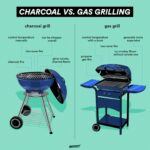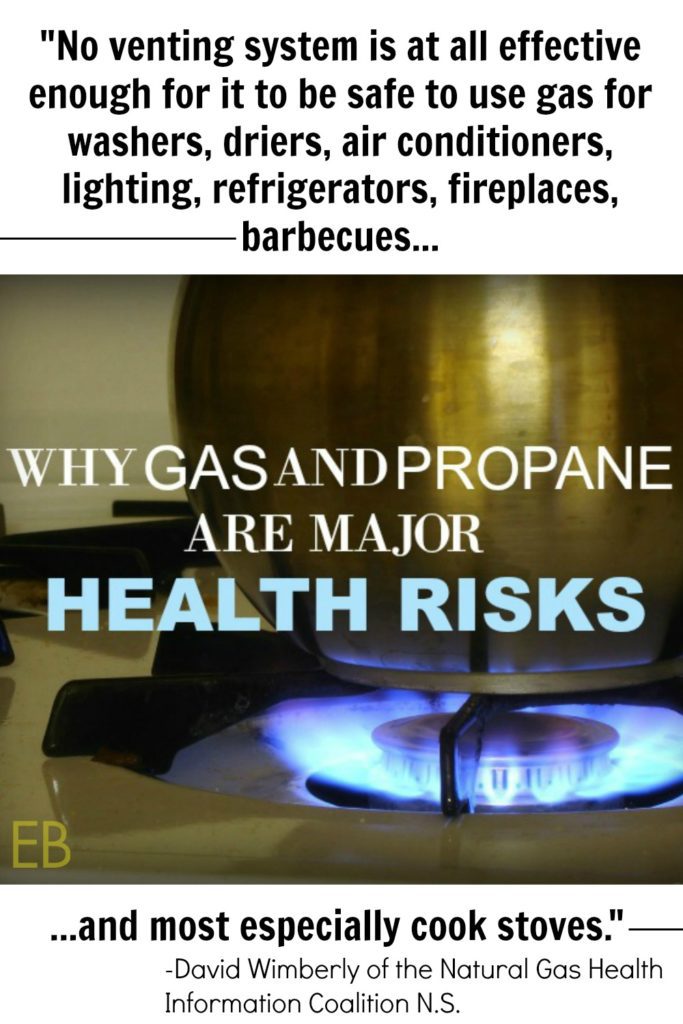
Discover the potential health benefits of using propane over natural gas daily. This article explores propane’s advantages in terms of emission levels, indoor air quality, and safety precautions. By examining the differences between propane and natural gas, you will understand why propane may be the healthier choice for your home.
Overview
Propane and natural gas are two common forms of fuel used for various purposes in our homes and businesses. Understanding the differences between these two energy sources is important for making informed decisions about their usage.
This article will explore the composition, safety measures, environmental impact, health effects, energy efficiency, availability and infrastructure, appliance options, regulations and codes, and comparative costs of propane and natural gas.
What is Propane?
Propane, also known as liquefied petroleum gas (LPG), is a hydrocarbon gas commonly used as fuel for heating, cooking, and powering appliances. It is a byproduct of natural gas processing and petroleum refining. Propane is stored in pressurized tanks or cylinders and is often used in areas without access to natural gas pipelines.
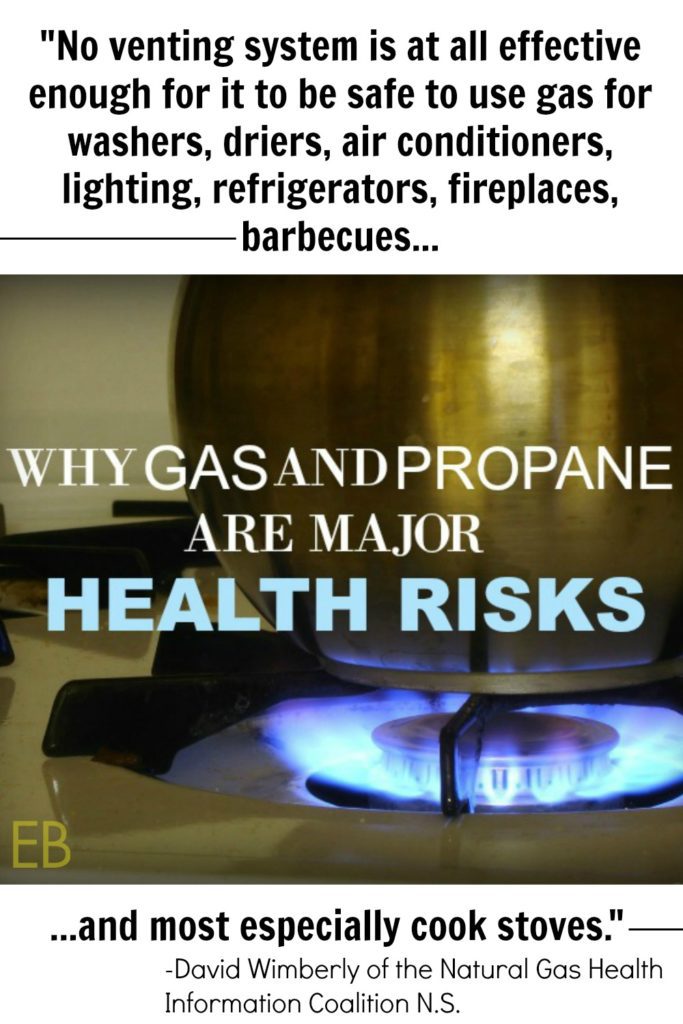
This image is property of eatbeautiful.net.
What is Natural Gas?
Natural gas is a fossil fuel primarily composed of methane and small quantities of other hydrocarbons. It is produced from underground reservoirs and is transported through pipelines to our homes and businesses. Natural gas is widely used for heating, cooking, power generation, and as a fuel for vehicles.
Differences in Composition
While propane and natural gas are hydrocarbon gases, they have different chemical compositions. Propane has a higher energy content than natural gas, producing more heat per unit of volume when burned. This higher energy content makes propane a preferred choice for applications requiring high heat, such as heating large spaces or running powerful appliances.
On the other hand, natural gas is lighter than air and disperses quickly when released. Propane is heavier than air and tends to sink, making it easier to detect a propane leak as it collects near the ground. This difference affects the safety measures and detection methods used for each fuel.
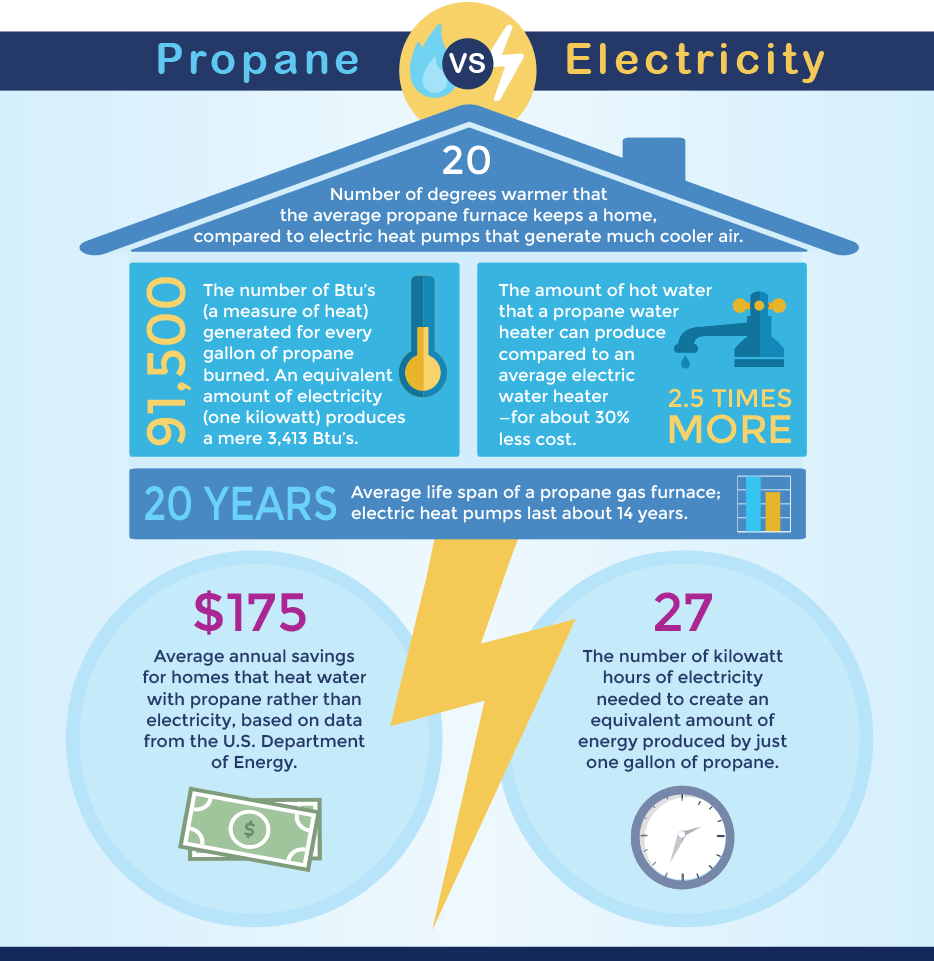
This image is property of kemgas.com.
Safety Measures
Both propane and natural gas have certain safety risks that must be addressed. The main safety concerns include leak risks and detection, fire and explosion hazards, and carbon monoxide poisoning.
Leak Risks and Detection
Propane and natural gas leaks can be dangerous and potentially lead to explosions or fires. It is crucial to have effective leak detection systems and regularly inspect gas lines, valves, and appliances to prevent accidents.
Propane leaks have a distinct odor added for easy detection, while natural gas is odorless. However, natural gas is odorized before distribution to make leaks more noticeable. If you suspect a gas leak, immediately evacuate the premises and contact the gas company or emergency services for assistance.
Fire and Explosion Hazards
Both propane and natural gas are highly flammable and can ignite if exposed to a spark or flame. Following proper safety procedures when handling and using these fuels is important. This includes avoiding smoking near gas appliances, ensuring proper ventilation, and keeping flammable materials away from gas-powered equipment.
Carbon Monoxide Poisoning
Carbon monoxide (CO) is a colorless and odorless gas that can be produced when propane or natural gas does not fully combust. Breathing in high levels of carbon monoxide can be fatal. Installing carbon monoxide detectors in homes and businesses where these fuels are used is crucial. Regular maintenance and proper ventilation of gas appliances can help prevent carbon monoxide poisoning.
Environmental Impact
In recent years, there has been growing concern about the environmental impact of fossil fuels. Both propane and natural gas contribute to greenhouse gas emissions, but there are some differences in their environmental footprint.
Emissions and Air Quality
Both propane and natural gas produce carbon dioxide (CO2) emissions when burned. However, propane has a lower carbon content than natural gas, resulting in lower CO2 emissions per unit of energy produced. This makes propane a cleaner-burning fuel option.
Additionally, propane combustion emits lower levels of harmful pollutants such as nitrogen oxides (NOx) and sulfur dioxide (SO2) than natural gas. This can help improve overall air quality and reduce the negative health effects of air pollution.
Climate Change Considerations
While propane has lower emissions than natural gas, it is still a fossil fuel and contributes to climate change. The extraction, production, and transportation of propane and natural gas can also have environmental impacts, such as habitat destruction and the release of methane gas during extraction. As the world moves towards cleaner and more sustainable energy sources, it is important to consider the long-term environmental effects of using both propane and natural gas.
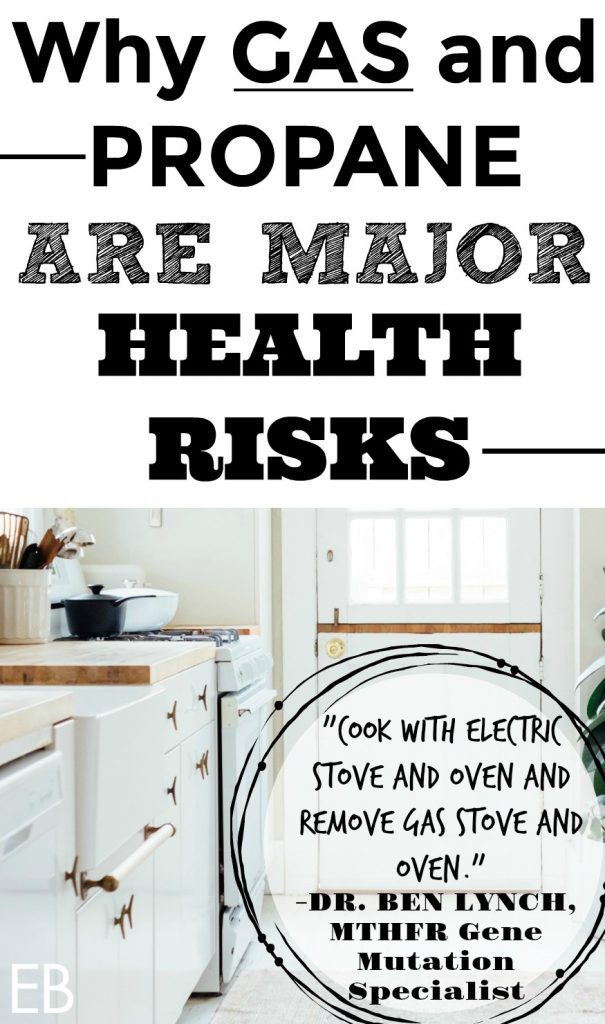
This image is property of eatbeautiful.net.
Health Effects
Using propane and natural gas can have implications for indoor air quality, respiratory health, and allergies and sensitivities.
Indoor Air Quality
Improperly functioning or poorly maintained gas appliances can release harmful pollutants into the indoor air, affecting the overall air quality. This can concern those who spend significant time indoors, such as young children, the elderly, and individuals with respiratory conditions.
Regular inspection and maintenance of gas appliances, adequate ventilation, and proper use of exhaust fans can help mitigate indoor air quality issues associated with propane and natural gas use.
Respiratory Issues
Burning fossil fuels like propane and natural gas can release pollutants that irritate the respiratory system and worsen existing respiratory conditions such as asthma. These pollutants include nitrogen dioxide (NO2) and particulate matter. It is important to ensure proper ventilation and use exhaust fans when cooking or using gas appliances to minimize exposure to these pollutants.
Allergies and Sensitivities
Some individuals may have allergies or sensitivities to certain propane and natural gas combustion byproducts. These include sulfur dioxide, formaldehyde, and volatile organic compounds (VOCs). Proper ventilation and regular maintenance of gas appliances can help minimize the release of these substances and reduce the risk of allergic reactions or sensitivities.
Energy Efficiency
Energy efficiency plays a significant role in determining propane and natural gas’s cost-effectiveness and environmental impact.
Heating Efficiency
Propane is known for its high heating efficiency due to its higher energy content. It can heat spaces more quickly and effectively, making it a preferred choice for large areas or regions with colder climates. Natural gas is also efficient, but it may require a larger volume to achieve the same level of heating as propane.
When considering heating efficiency, it is important to evaluate insulation, appliance efficiency ratings, and overall energy consumption to determine the most cost-effective and energy-efficient option for specific needs.
Cost-effectiveness and Energy Consumption
While propane has a higher energy content than natural gas, it is generally more expensive per unit of energy. The cost of propane can vary depending on factors such as location, demand, and supply. On the other hand, natural gas tends to have a lower cost per unit of energy.
When comparing the cost-effectiveness of propane and natural gas, it is important to consider energy consumption, appliance efficiency, and the overall energy demands of the household or business. Calculating energy costs over time can help determine the most economical fuel choice.
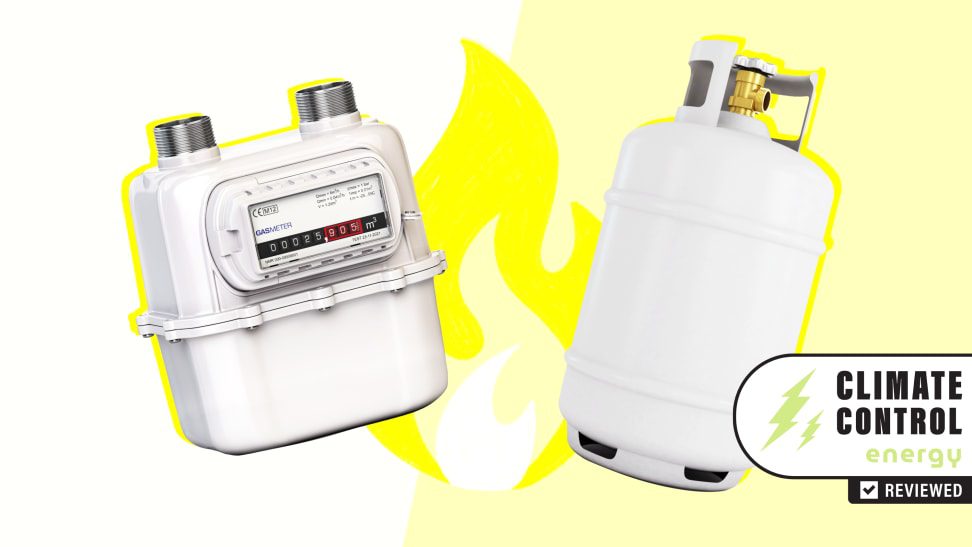
This image is property of reviewed-com-res.cloudinary.com.
Availability and Infrastructure
Propane and natural gas availability can vary depending on geographical location and existing infrastructure.
Distribution Network
Natural gas is commonly distributed through an extensive pipeline network, making it readily accessible in many areas. However, some parts of the country do not have access to natural gas pipelines, requiring alternative fuel options like propane.
On the other hand, propane can be transported and stored in tanks or cylinders, making it more flexible and accessible in areas without natural gas infrastructure. Propane delivery can be arranged through local suppliers, allowing for reliable access to the fuel.
Storage Options
Propane is typically stored in pressurized tanks, either above or below ground. Propane suppliers refill these tanks. On the other hand, natural gas does not require on-site storage as it is supplied through pipelines directly to the household or business.
The storage options for both fuels have different advantages and considerations. Propane tanks may require more space, maintenance, and periodic refilling, while natural gas is readily available through the existing pipeline infrastructure.
Appliance Options
When considering propane and natural gas, it is important to evaluate the appliances’ compatibility and the installation and maintenance requirements.
Compatible Appliances
Both propane and natural gas can power various appliances, including stoves, furnaces, water heaters, dryers, and fireplaces. However, not all appliances are compatible with both fuels. Determining the fuel type supported by the appliance before purchasing or installing it is crucial.
Additionally, some appliances may require modifications or specific conversion kits to switch between propane and natural gas. Consulting with a professional installer or manufacturer can help determine the compatibility and requirements for the desired appliances.
Installation and Maintenance
Proper installation, maintenance, and regular inspections are essential for the safe and efficient operation of gas appliances, regardless of whether propane or natural gas is used. Hiring a licensed professional for installation is recommended to ensure compliance with safety standards and building codes.
Regular maintenance of gas appliances helps prevent leaks, ensures optimal performance, and prolongs their lifespan. Periodic inspections and servicing by qualified technicians can help detect potential issues early on and address them promptly.
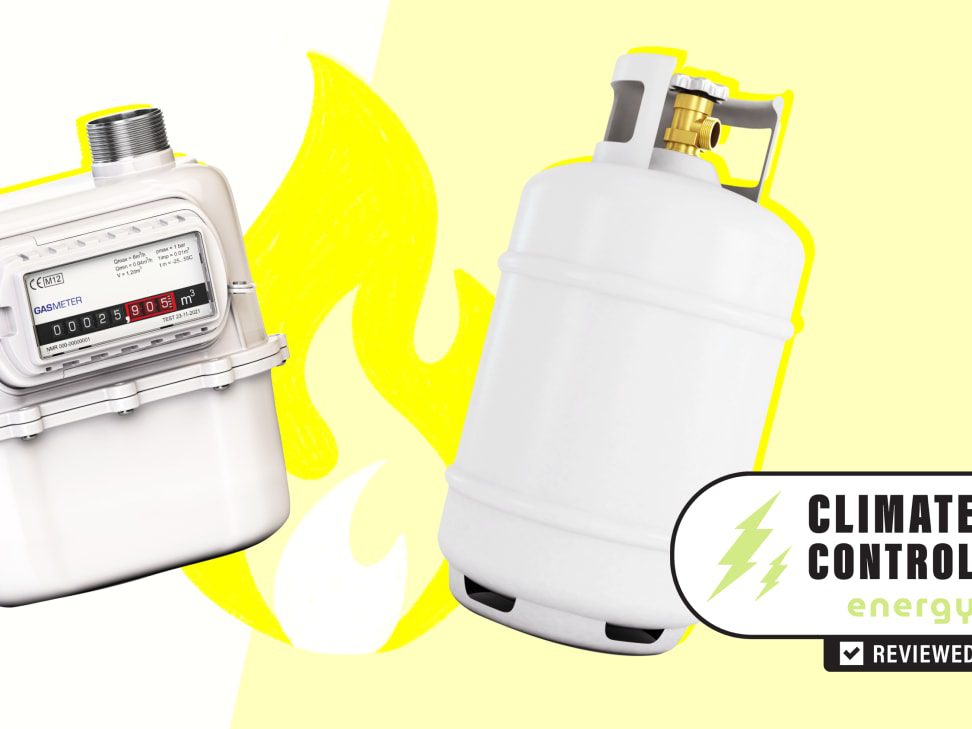
This image is property of reviewed-com-res.cloudinary.com.
Regulations and Codes
Propane and natural gas usage in homes and businesses are subject to regulations and codes to ensure safety and compliance.
Building Codes
Building codes dictate the requirements for the safe installation and operation of gas systems, including gas piping, venting, and appliance installation. These codes vary by jurisdiction and enforce standards for gas system design, materials, and installation methods. It is important to consult local building codes and regulations when installing or modifying gas systems.
Safety Standards
Both propane and natural gas are subject to safety standards to protect consumers and property from potential hazards. These standards cover various aspects, from fuel transportation and storage to appliance safety and carbon monoxide detection.
Adhering to safety standards helps ensure the safe and reliable use of propane and natural gas while minimizing the risks associated with their usage.
Comparative Costs
Comparing the costs of propane and natural gas involves considering factors such as fuel prices and installation costs.
Fuel Prices
Propane prices vary depending on location, supply and demand, and seasonal fluctuations. The propane cost is typically higher than natural gas per unit of energy. Natural gas prices are generally more stable and tend to be lower per unit of energy, although they vary depending on the region and market conditions.
When evaluating fuel costs, it is important to consider the overall energy consumption, efficiency ratings of appliances, and the availability of natural gas pipelines in the area.
Installation Costs
Installation costs for propane and natural gas can vary depending on factors such as existing infrastructure, proximity to pipelines, and the property’s specific needs. The natural gas installation often requires connection to the existing pipeline network, which may involve digging and trenching. Propane installation typically involves setting up a storage tank, running gas lines, and connecting the appliances.
The installation costs can also depend on local regulations, building codes, and the availability of qualified professionals. Obtaining multiple quotes, considering long-term energy costs, and evaluating the overall energy demands of the property can help determine the most cost-effective installation option.
Conclusion
In conclusion, both propane and natural gas have advantages and considerations regarding health, safety, environmental impact, energy efficiency, availability, and cost. While propane has a higher energy content and can be more suitable for high-demand applications, natural gas offers accessibility through an extensive pipeline network.
Proper safety measures, maintenance, and adherence to regulations and codes are crucial for both fuels’ safe and efficient use. When deciding between propane and natural gas, it is important to consider the property’s specific needs, efficiency ratings of appliances, availability of natural gas pipelines, and long-term costs.
